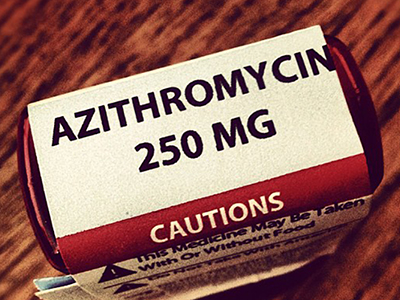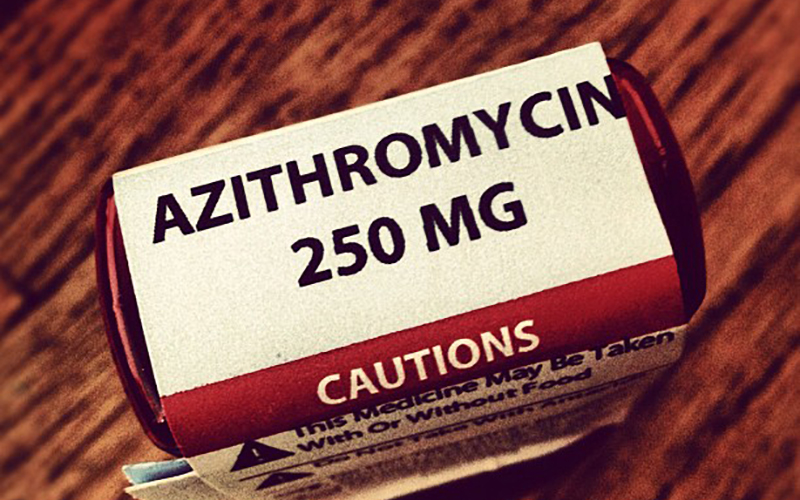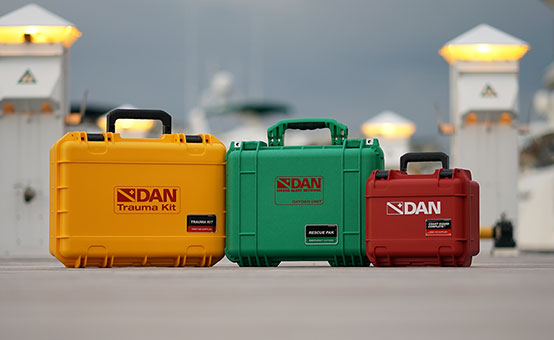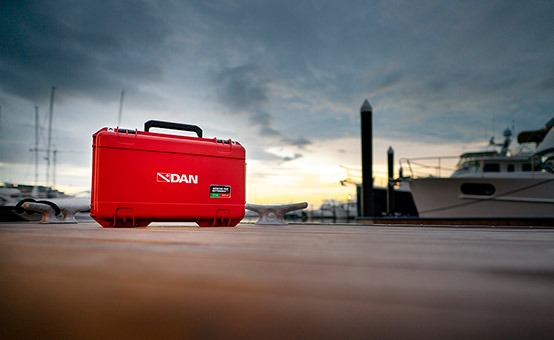

Answer: For some time now prescribing guidelines regarding antibiotic use for various conditions have favored a much more conservative approach due to increasing antibiotic resistance. Many illnesses are viral in nature, and antibiotics are of no benefit in these cases. Also, keep in mind that not all antibiotics are alike. Some are better-suited than others for certain conditions which is why physicians typically prescribe antibiotics based on your diagnosis.
If you get sick while traveling and don't have the antibiotics you need on hand, a local physician really is your best resource. He or she will be aware of the common pathogens in the area you are visiting that could cause problems.
In situations where an injury or illness occurs while you're still in-transit, DAN Boater members are encouraged to contact our Medical Information Line for help with prescriptions, first-aid recommendations, and assistance finding physicians and medical facilities near you. The Medical Information Line is especially useful when you:
When traveling, your best defenses against illness are hand-washing, careful sourcing of water and food, getting relevant travel immunizations and taking appropriate precautions in areas where mosquitoes and other living organisms can transmit infectious diseases to humans. Talk to your doctor or visit a travel medicine clinic if you will be going to a region in which medical care is lacking. The doctor can advise you about any medications you should take with you and when to use them. If you do carry antibiotics onboard (or any other prescription medication), be aware that some countries will require proof of prescription for refills so be sure to have a copy of your doctor's prescription with you, just in case.
MORE FROM
SAFE PASSAGE

TRAVEL SAFETY | Nov 17, 2018
Announcing: New Line of Marine First Aid Kits Now Available

TRAVEL HEALTH | Nov 6, 2015
First Aid Kits Are More Than An Afterthought